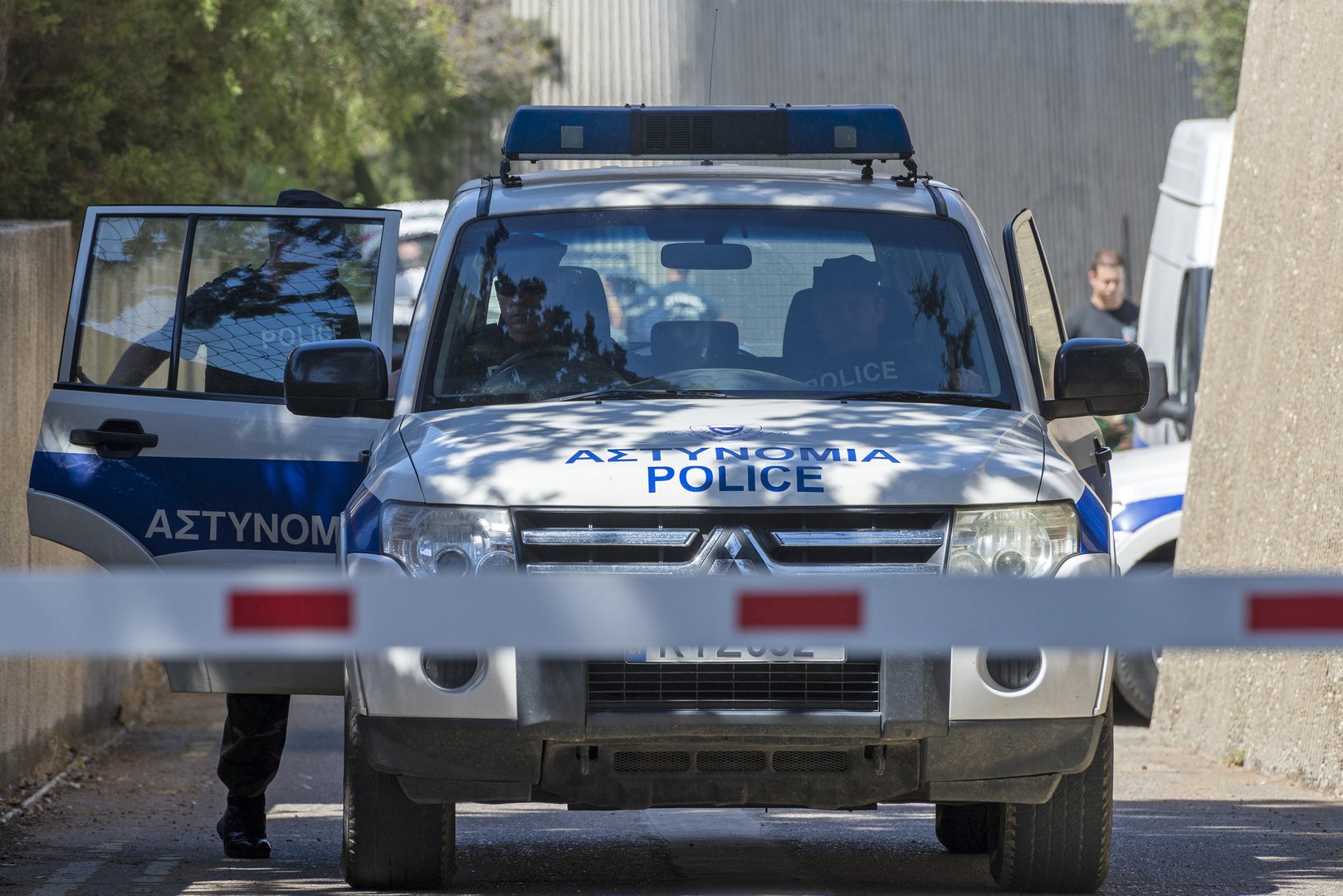Police officers will be kitted out with cameras, or ‘body cams’ as they are more widely known, while plainclothes officers would also be allowed to record, under a new bill submitted to parliament.
The bill is to now be reviewed by the House legal affairs committee, with the stated aim being for the protection of the public and the officers themselves.
As it stands, the bill sets out some criteria for officers to start recording although the language is vague and there is wide scope for its use.
The bill states that officers will be free to record while carrying out their duties if they feel that it will protect them from physical or verbal attacks, as well as from unsubstantiated allegations.
It also aims to protect the public from potential arbitrary use of power from officers, while also improving evidence-gathering during investigations.
Recording can take place during the search and or arrest, during the pursuit of a person, when conducting high risk operations and during riots or mass gatherings disturbing public order.
The listed provisions and restrictions for its use include that a person be informed, when and where possible, that they are being recorded. Continued use of the camera for extended periods is not permitted, according to the bill and the recording will cease once the incident for which it was operated is over.
Recording sensitive parts of a person during a search is not permitted.
It is also stated that the recordings will be securely stored so as not to be tampered with, leaked, or any other potential misuse.
Recordings which are not useful or related to an investigation are to be deleted within 30 days at the latest.
Body cams worn by police are used in most countries to some extent.







Click here to change your cookie preferences